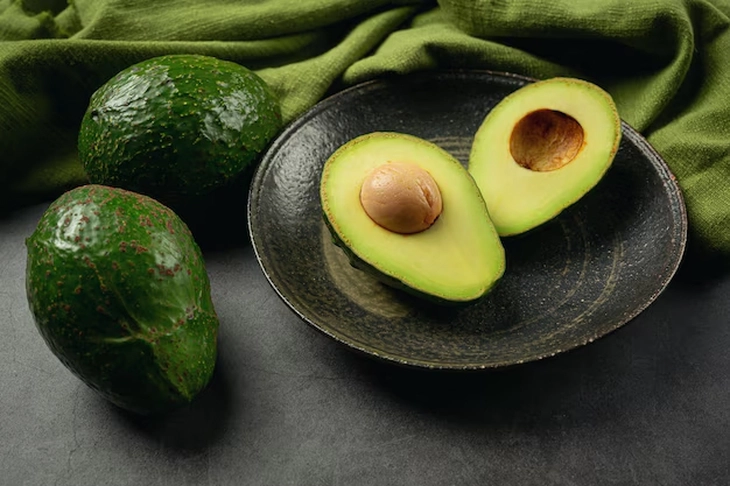
Avocados and fruits are said to be rich in soluble fiber, good for digestion - Illustration photo
This is because the body cannot fully digest fiber. Instead, the intestines produce bacteria that break down the fiber, releasing gas as a byproduct. This gas can build up in the stomach and intestines, causing your stomach to feel tight and uncomfortable.
However, there are many ways to add fiber while still minimizing bloating and promoting healthy digestion.
Fiber is a type of carbohydrate found in plants such as fruits and vegetables. There are two types of fiber: soluble fiber and insoluble fiber.
Soluble fiber binds with water in the gastrointestinal (GI) system and forms a gel that helps slow digestion. Sources of soluble fiber include barley, beans, fruits, nuts and seeds, and vegetables.
Insoluble fiber helps speed up digestion. Sources of insoluble fiber include wheat bran, whole grains, and vegetables.
Benefits of fiber
Adding fiber to your diet can help:
Promotes healthy digestion and bowel movements.
Supports healthy weight management.
Controls blood sugar levels by slowing down the absorption of sugar.
Reduces the risk of diseases such as diabetes, stroke, high blood pressure, colon cancer and heart disease.
Soluble fiber also helps lower cholesterol, which can prevent the risk of heart disease.
Why can fiber make you bloated?
Bloating occurs when gas builds up in your stomach and intestines, causing you to feel pressure in your abdomen.
Research shows that increasing fiber intake is a common cause of bloating. Because your body can't completely break down fiber, your gut produces bacteria to break it down and ferment it.
This process creates gas as a byproduct, which can lead to bloating. The way to avoid this side effect is to add fiber to your diet slowly to give your body time to adjust.
Increasing fiber intake too quickly can cause constipation or diarrhea, as well as cramping.
So, here are some ways to increase your fiber intake so you get the benefits of fiber while minimizing bloating. Consider these habits:
Increase fiber gradually: Instead of consuming a lot of fiber all at once, let your body get used to small amounts. Increasing your fiber intake gradually over a few weeks can help you avoid bloating and other digestive symptoms.
Mix it up as much as possible: Foods high in soluble fiber tend to produce more gas than foods high in insoluble fiber. However, your body needs both types, so by trying different sources of fiber, you can find the fiber-rich foods that work for you over time.
Drink enough water: Drinking about eight glasses of water a day can help reduce bloating. Eat more carbs: A diet rich in carbohydrates instead of too much protein can reduce bloating, while increasing fiber intake. Research suggests that carbs may play a role in changing the bacteria in your gut that produce gas.
Source: https://tuoitre.vn/lam-the-nao-de-ban-tang-luong-chat-xo-chong-nhieu-benh-ma-van-khoe-duong-tieu-hoa-202508270806438.htm




![[Photo] Many people eagerly await the preliminary review despite heavy rain](https://vphoto.vietnam.vn/thumb/1200x675/vietnam/resource/IMAGE/2025/8/27/4dc782c65c1244b196890448bafa9b69)



![[Photo] Panorama of the 29th Congress of the Party Committee of Nhan Dan Newspaper](https://vphoto.vietnam.vn/thumb/1200x675/vietnam/resource/IMAGE/2025/8/27/aa31210f7e2b47de948b2b60dde20aff)
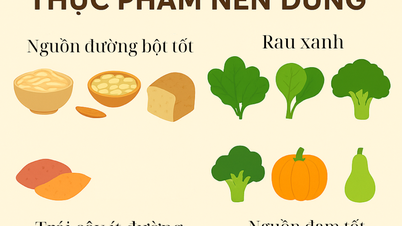


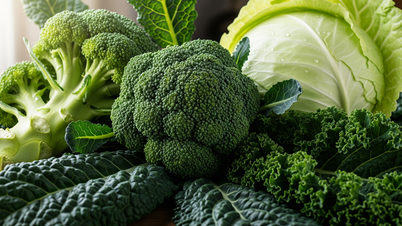
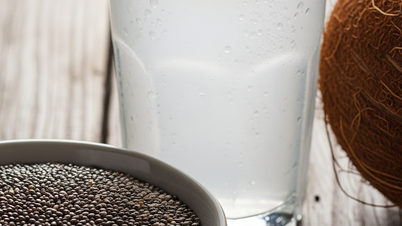
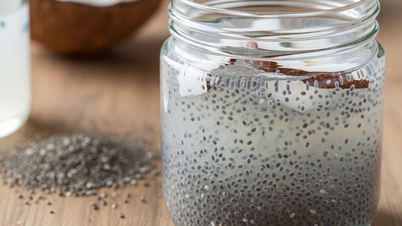
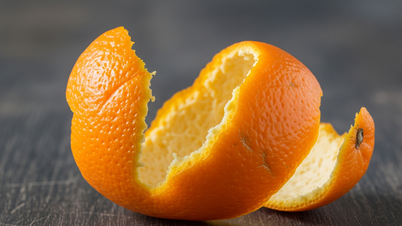

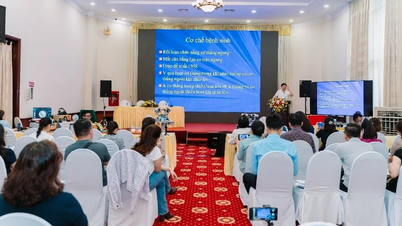












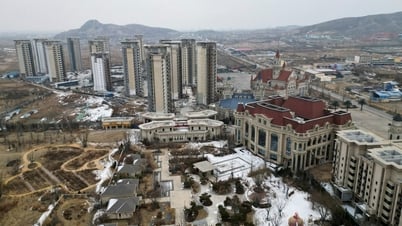

























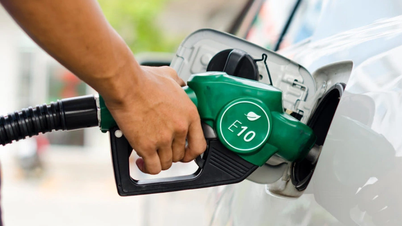












































Comment (0)